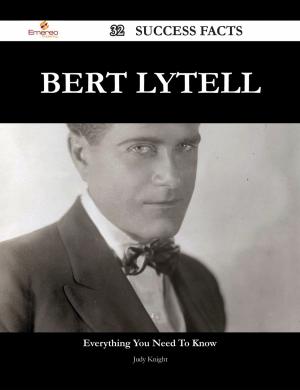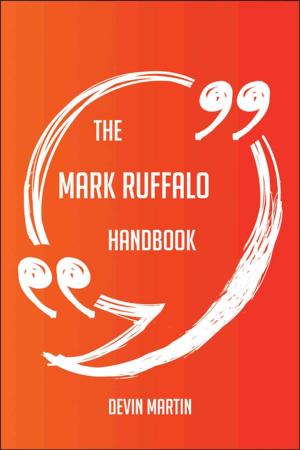The Evolution Of Love - The Original Classic Edition
Nonfiction, Reference & Language, Reference, Fiction & Literature| Author: | Lucka Emil | ISBN: | 9781486419760 |
| Publisher: | Emereo Publishing | Publication: | October 24, 2012 |
| Imprint: | Emereo Publishing | Language: | English |
| Author: | Lucka Emil |
| ISBN: | 9781486419760 |
| Publisher: | Emereo Publishing |
| Publication: | October 24, 2012 |
| Imprint: | Emereo Publishing |
| Language: | English |
This is a new and freshly published edition of this culturally important work by Emil Lucka, which is now, at last, again available to you.
Enjoy this classic work today. These selected paragraphs distill the contents and give you a quick look inside The Evolution Of Love:
Love is a theme which at all times and in all countries has been of primary interest to men and women, and therefore this book, which throws an illuminating ray of light in many a dark place still wrapped in mystery and silence, not only impresses the psychologist, but also fascinates the general reader with its wealth of interesting detail and charm of expression.
...Love in our sense was unknown to the ancients, and although there is a modern note in the legends of the faithful Penelope, and the love which united Orpheus and Eurydice, yet, so Lucka tells us, these instances should be regarded[Pg 13] rather as poetic divinations of a future stage of feeling than actual facts then within the scope of probability.
...While the first stage was characterised by the reign of unbridled sexual instinct, the second by the conflict between spiritual and sensual love, the third stage represents our modern conception, the blending of spiritual and sensual love, which is not the differentiated sexual instinct, but a force embracing the psycho-physical entity of the beloved being without any consciousness of sexual desire.
...In Parsifal, Wagners last and maturest work, he conjectures a potential fourth stage, divined by the genius of the great musician and thinker, a sublimation of our modern ideal, a stage when love will be freed from all sexual feeling (a conception not unlike Otto Weiningers), but to which we have not yet attained and which we are even unable fully to grasp.
...These confederations and leagues not based on a natural or blood-relationship, but on a feeling of brotherhood and friendliness, might well have been an attack upon the natural ties of the family, an expression of a feeling of hostility to and contempt for women, and probably stood in close relationship to a striking characteristic of the past: a widely spread homosexuality.
This is a new and freshly published edition of this culturally important work by Emil Lucka, which is now, at last, again available to you.
Enjoy this classic work today. These selected paragraphs distill the contents and give you a quick look inside The Evolution Of Love:
Love is a theme which at all times and in all countries has been of primary interest to men and women, and therefore this book, which throws an illuminating ray of light in many a dark place still wrapped in mystery and silence, not only impresses the psychologist, but also fascinates the general reader with its wealth of interesting detail and charm of expression.
...Love in our sense was unknown to the ancients, and although there is a modern note in the legends of the faithful Penelope, and the love which united Orpheus and Eurydice, yet, so Lucka tells us, these instances should be regarded[Pg 13] rather as poetic divinations of a future stage of feeling than actual facts then within the scope of probability.
...While the first stage was characterised by the reign of unbridled sexual instinct, the second by the conflict between spiritual and sensual love, the third stage represents our modern conception, the blending of spiritual and sensual love, which is not the differentiated sexual instinct, but a force embracing the psycho-physical entity of the beloved being without any consciousness of sexual desire.
...In Parsifal, Wagners last and maturest work, he conjectures a potential fourth stage, divined by the genius of the great musician and thinker, a sublimation of our modern ideal, a stage when love will be freed from all sexual feeling (a conception not unlike Otto Weiningers), but to which we have not yet attained and which we are even unable fully to grasp.
...These confederations and leagues not based on a natural or blood-relationship, but on a feeling of brotherhood and friendliness, might well have been an attack upon the natural ties of the family, an expression of a feeling of hostility to and contempt for women, and probably stood in close relationship to a striking characteristic of the past: a widely spread homosexuality.















